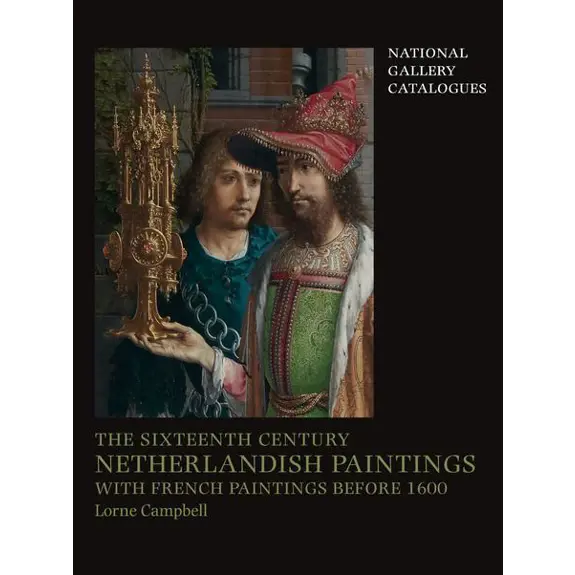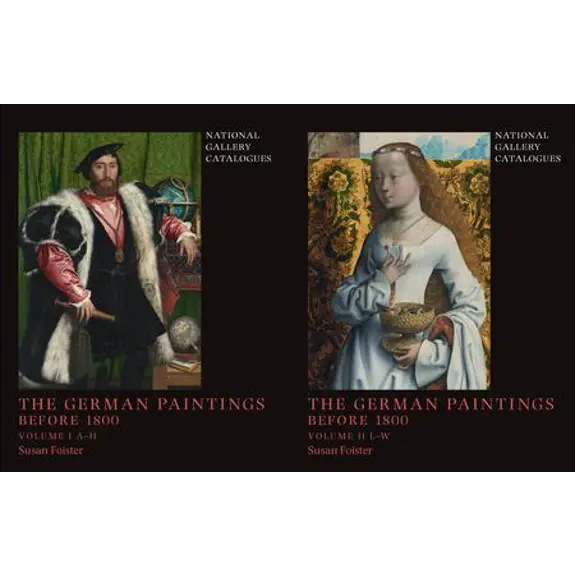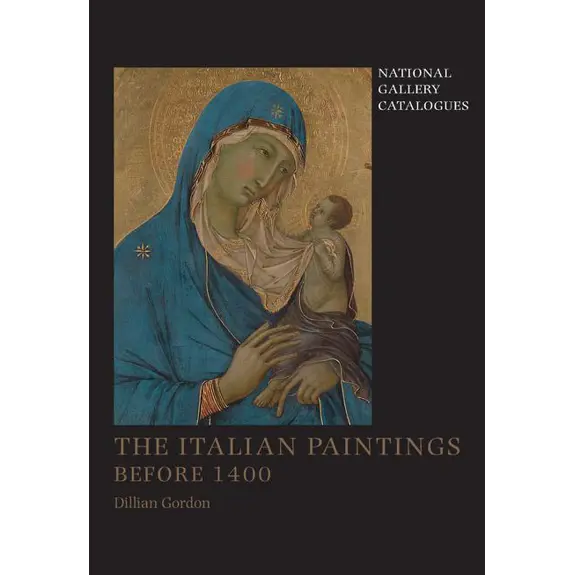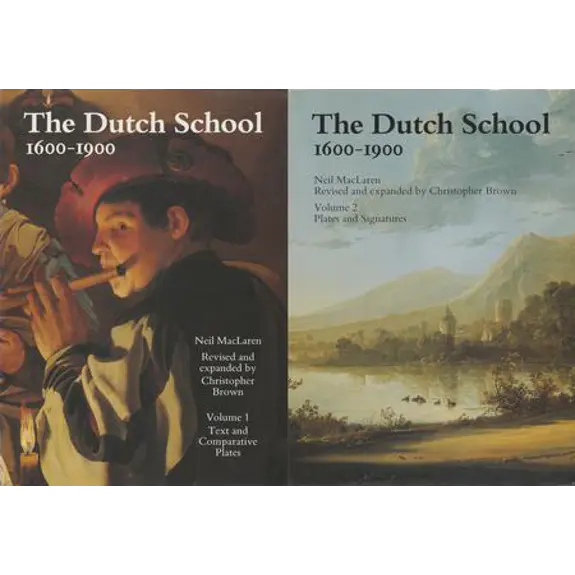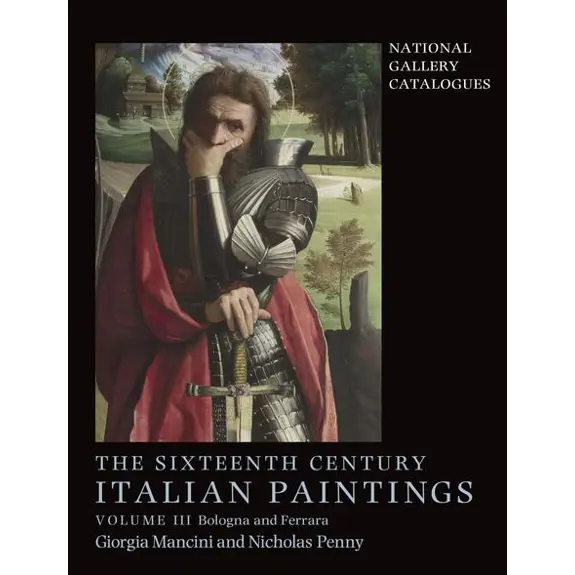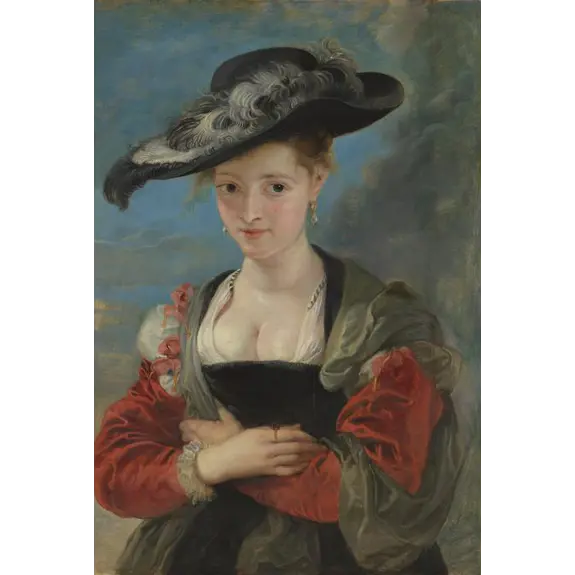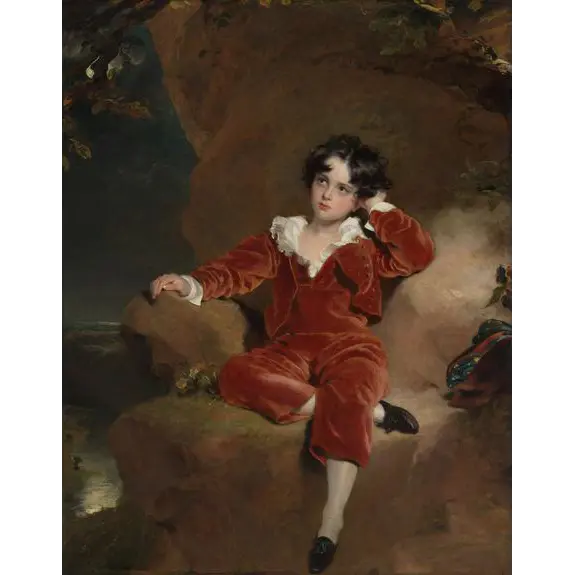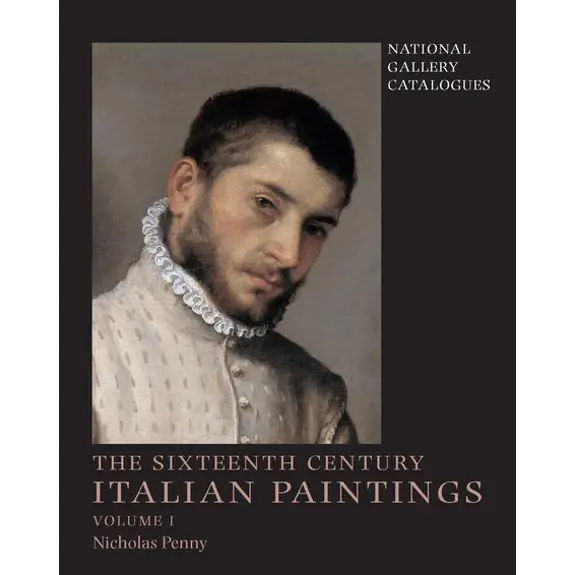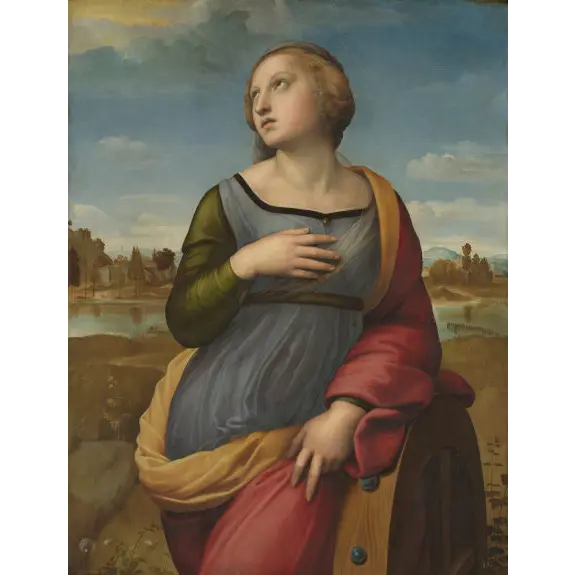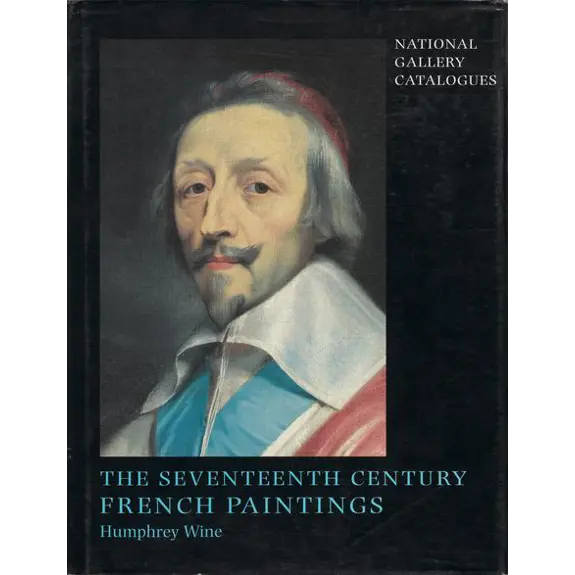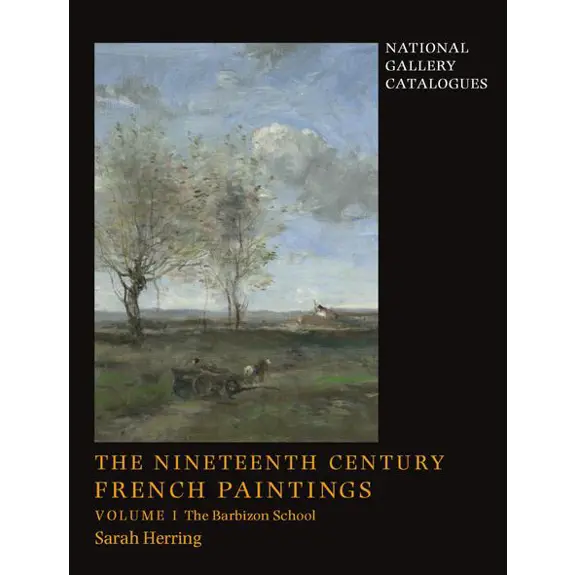
The Nineteenth Century French Paintings, Volume 1: The Barbizon School
National Gallery Catalogues
Sarah Herring
London, 2019
Summary
The National Gallery houses a notable collection of pictures associated with the Barbizon School, including works by Courbet, Daubigny, Millet and Rousseau and a significant and representative collection of pictures by Corot, ranging from an early oil sketch made during his first trip to Italy in 1825-8 to late studio landscapes. Among the paintings by Corot are two recent acquisitions, the monumental Italian Woman, or Woman with Yellow Sleeve (L'Italienne) from the estate of Lucian Freud, and The Four Times of Day, a group of panels painted around 1858 which were later owned by Frederic, Lord Leighton.
Catalogue entries examine all aspects of the paintings, from subject to stylistic significance (particularly within the artist's oeuvre), to condition and conservation history. Two accompanying essays examine the development of landscape painting in France, and trace the passionate collecting of these pictures in the United Kingdom well into the twentieth century. The nineteenth century witnessed the introduction of many new pigments and a gradual development away from traditional painting techniques, particularly among landscape painters. Entries on the paintings are richly informed by new technical research into supports, materials and artists' techniques, information which is further explored in an introductory essay on the methods and materials of the Barbizon group.
Online extracts from this catalogue
- Alexandre Calame, 'At Handeck'
- Jean-Baptiste-Camille Corot, 'Avignon from the West'
- Jean-Baptiste-Camille Corot, 'Dardagny, Morning'
- Jean-Baptiste-Camille Corot, 'Italian Woman'
- Jean-Baptiste-Camille Corot, 'The Four Times of Day'
- Jean-Baptiste-Camille Corot, 'The Leaning Tree Trunk'
- Gustave Courbet, 'Still Life with Apples and a Pomegranate'
- Charles-François Daubigny, 'River Scene with Ducks'
- Charles-François Daubigny, 'St Paul's from the Surrey Side'
- Narcisse-Virgilio Diaz de la Peña, 'Sunny Days in the Forest'
- Narcisse-Virgilio Diaz de la Peña, 'The Storm'
- Jules-Louis Dupré, 'Willows, with a Man Fishing'
- Paul Huet, 'Trees in the Park at Saint-Cloud'
- François Millet, 'The Church at Arbonne'
- Jean-François Millet, 'The Winnower'
- Théodore Rousseau, 'The Valley of Saint-Vincent'
About the text
These catalogue entries are a mixture of new ‘born digital’ entries, and entries from previously published catalogues. A third of the previously published entries were chosen from among the Gallery's most important paintings, and two thirds from paintings that are interesting, but often overlooked.
When converting the previously-published files we have tried to stay as close to the original texts and arrangements as possible, whilst also creating online entries that are self-contained. This means that sections like bibliographies and appendices appear in the individual entry webpage. Bibliographies have been collated from various sources (this is why, for example, individual references may be formatted differently). The way we tag items to add them to lists of references may mean that the hyperlinking of references appears inconsistent – we’ll be working on improving this.
Editorially, we have corrected any known errors. We have also acquired and cleared new images, so credit lines have been updated. Images, which often fell in the middle of running text, have been moved to the next paragraph break. The main image for each entry has been moved to the top. Captions which applied to more than one image have been divided so that each image has its own caption.
Texts remain as they were published. In a few cases an ‘update’ section summarises recent research.


